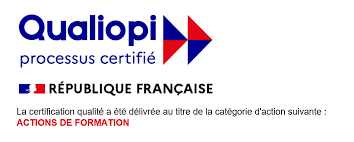You started lessons with your French teacher and you went from not being able to string two words together to being able to chat in French. “Amazing,” you think, “this teacher is brilliant and I can’t wait to take more lessons with them.” While we are always delighted to hear that you have enjoyed your lessons, continuing with that same teacher is not necessarily the best strategy.
According to a journal published by ‘Apprentissage des Langues et Systèmes d’Information et de Communication’ in a study conducted by The University of British Columbia where 924 students were polled, they found that having “multiple instructors can be especially effective at meeting high level learning goals.”










